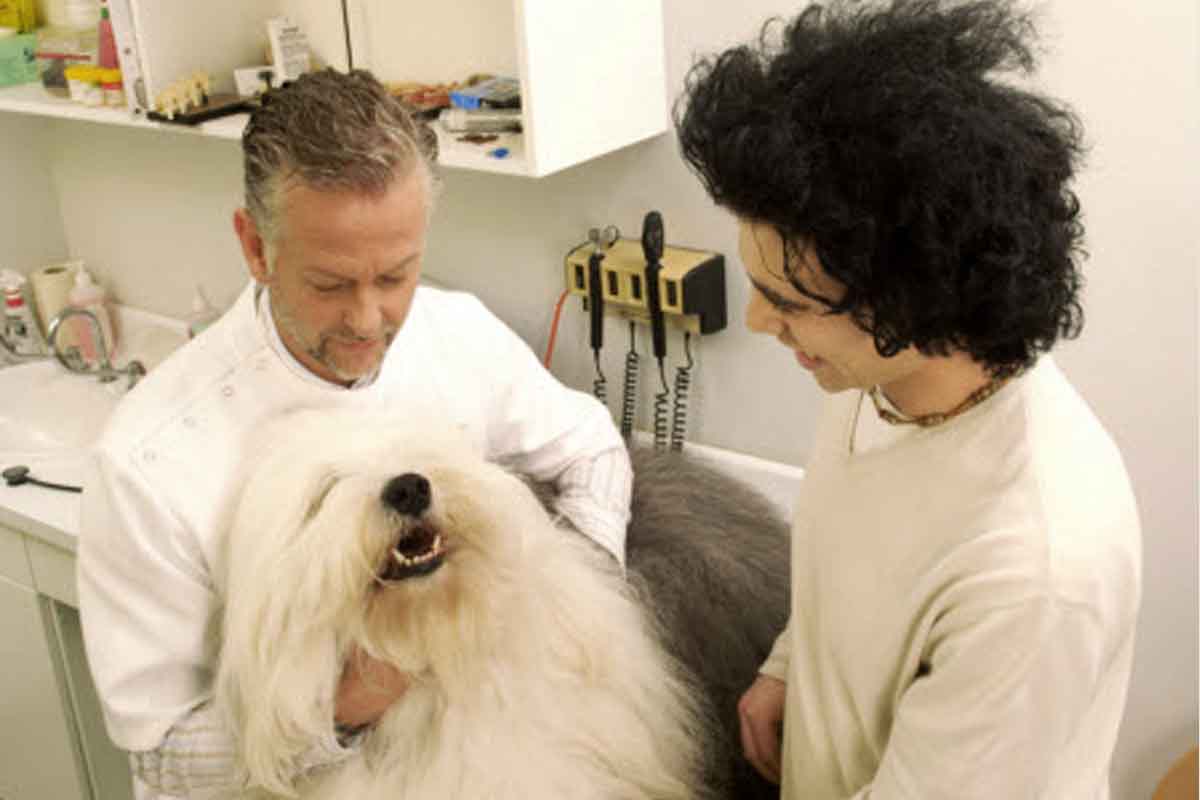Pets need dental care

If you’re a responsible pet owner, there are certain regular trips to the veterinarian’s office that you see as essential – heartworm pills, vaccinations, etc. You may not, however, have considered your dog or cat’s teeth.
Dental health for pets may be lesser-known, but it’s an important part of veterinary care. It’s also something pet owners are increasingly recognizing as a necessity to keep their furry family members healthy and happy.
In February, many vet clinics across Canada recognize Dental Health Month in an effort to raise awareness of dental health and encourage pet owners to have their pets examined.
Over 70 per cent of cats and dogs over the age of three years have some form of dental disease.
There are similarities with human dental diseases. Although cavities are rare, pets commonly suffer from plaque, tartar, gum inflammation, infections and loose teeth. Many of these problems occur below the gum line and require treatment by a veterinarian.
These problems are often overlooked by owners, as dogs and cats will still appear to eat normally despite their discomfort. Pets can also sometimes suffer accidents, such as broken teeth, from overenthusiastic chewing on a bone or a chew toy.
In 2013, Petsecure paid over 4,000 claims for vet care surrounding dental illnesses or accidents. As with other forms of veterinary medicine, advances in technology mean that pets have access to the best dental care available, but costs continue to rise.
Many pet owners are able to reduce the costs of a trip to the vet with pet health insurance, and preventative steps can also be taken at home. Pet-friendly toothpastes, gels and rinses to help keep teeth clean and plaque-free are widely available.
Home brushing programs are the cornerstone to a lifetime of dental health. See your veterinarian for tips on starting a homecare program for your cat or dog.







